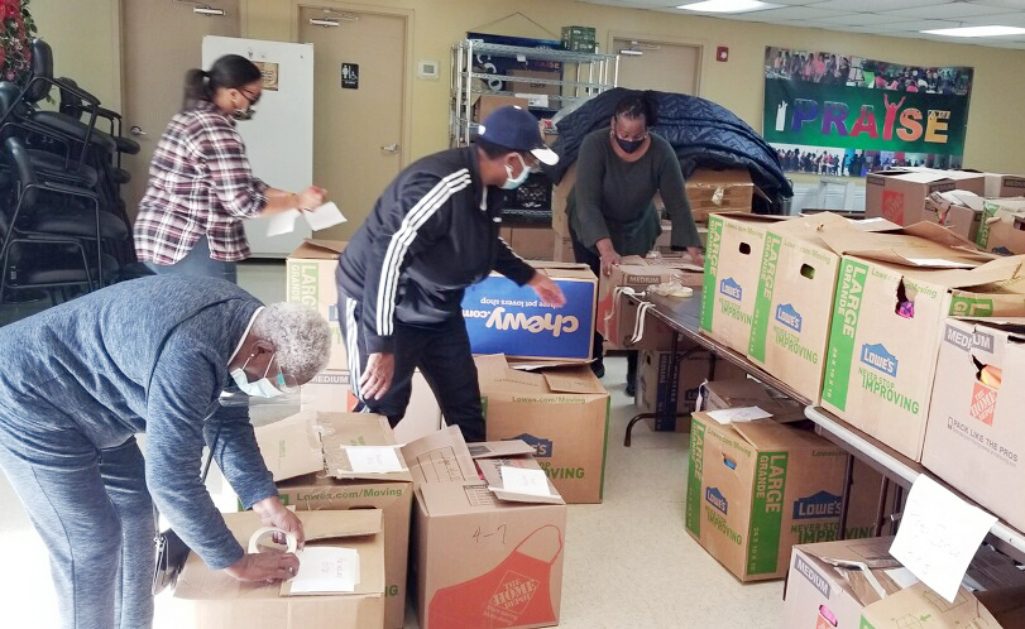
Greenforest Community Church in Atlanta has helped many with food, utilities and rent assistance during the COVID-19 pandemic, utilizing government grants and the generosity of church members.
World events like the Ukraine crisis, supply chain delays, labor shortages and the highest inflation rate in more than four decades has created growing concerns about food shortages and food insecurity.
In areas known as “food deserts,” where there is already little access to affordable healthy food, the impact will be far greater. At least 80 of North Carolina’s 100 counties contain at least one of these food deserts.
Challenges like these are pivotal moments for N.C. Baptists to shine the light of Jesus and share His love with people who are experiencing fear, uncertainty, hopelessness and despair. By meeting needs, followers of Jesus have the opportunity to meet new people – and in the context of those newfound relationships, the gospel goes forth, disciples are made and lives are transformed.
Churches must be intentionally evangelistic as they endeavor to provide any kind of food ministry in the community. A box of food may meet a temporal need, but only the gospel of Jesus Christ can satisfy our eternal need. Good deeds and acts of kindness can build a platform for the gospel, but these efforts do not proclaim the gospel unless accompanied by our words. For additional ideas, resources and links about starting a food ministry by visiting ncbaptist.org/foodbank.
Churches that desire to engage in food ministries must prepare through prayer and equipping. Specifically, churches should pray for those they will encounter through these ministries before they ever meet them, when they meet them and long after they meet them. Volunteers should make it a regular practice to pray by name for all those they serve. They should also offer to pray with recipients for any needs that might be shared.
Volunteers must be trained in basic evangelism methods such as sharing a personal testimony, having a gospel conversation and effective use of gospel literature, etc. Every effort should be taken to ensure that saying “yes” to the gospel is not a prerequisite for receiving food, and that there are no “strings attached” to the offer of food or the offer of salvation.
It will often be the case that the most fruitful evangelistic work is done after food distribution has taken place. Strive to follow up repeatedly with food recipients in a relational and loving manner. Consistently demonstrating interest in the whole person goes a long way toward establishing and nurturing a relationship of trust and mutual concern.
The growing number of hard-working North Carolinians who are struggling to make ends meet and put food on the table live within a stone’s throw of N.C. Baptist churches. How can your church care for these hurting neighbors in practical, tangible ways?


